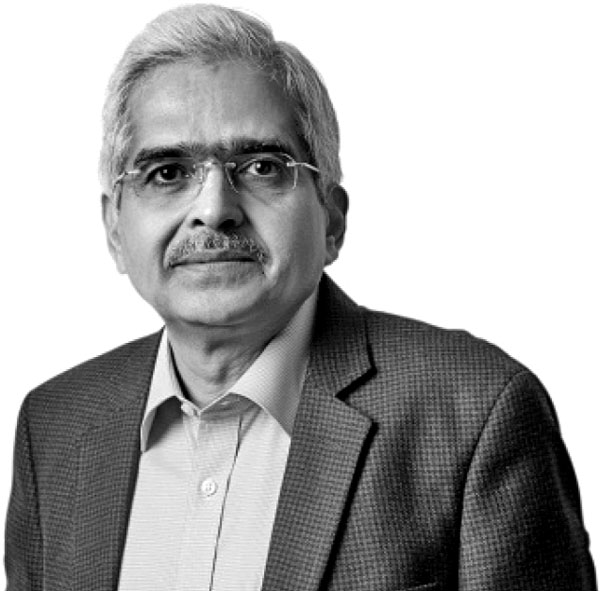NEW DELHI, Mar 5
Reserve Bank of India (RBI) Governor Shaktikanta Das on Monday said interoperable payment system for internet banking is likely to be launched during the current calendar year.
“We have given approval for implementing such an interoperable system to NPCI Bharat BillPay Ltd (NBBL). The new system will facilitate quicker settlement of funds for merchants,” Das said at the Digital Payments Awareness Week celebrations.
“In our Payments Vision 2025, we had envisaged an interoperable payment system for internet banking transactions,” Das said. Interoperability is the basic ability of multiple digital systems, applications and databases to connect and communicate with each other. Payment platforms leverage financial technology to connect and share data among ecosystem partners like banks, payment gateways, payment processors, merchants and consumers. This measure will further boost the user confidence in digital payments, he said. “As a regulator, we are committed to play our part in India’s journey in digital payments.
I urge all stakeholders like industry, payment system operators, media, digital payment users, and others to take up the responsibility of fulfilling the mission of ‘Har Payment Digital’.
It is a mission not just for the Reserve Bank but for the entire country,” he said. Das said the flagship of the payment systems, the ‘UPI’, has become the most talked about fast payment system not only in India but across the world. “It is the biggest contributor to the growth of digital payments in India. The share of UPI in digital payments has reached close to 80 per cent in 2023,” Das said.
At a macro level, the volume of UPI transactions increased from 43 crore in calendar year 2017 to 11,761 crore in 2023. “Apart from being a user-friendly interface and facilitating QR code-based payments, the UPI has evolved to include advanced functionalities such as offline payments through near field communication (NFC) technology (UPI Lite X), payments through feature phones (UPI 123Pay) and AI based conversational payments (hello! UPI),” he said.
According to Das, it has taken less time for reaching tipping point of next 1000 crore transactions in UPI. While reaching the first 1000 crore UPI P2M transactions, it took 1668 days (4.56 years), the latest 1000 crore transactions took just 45 days, he said. Similarly, for UPI P2P transactions, while reaching the first 1000 crore UPI P2P transactions took 1329 days (3.63 years), the latest 1000 crore transactions took 65 days or just over two months.
“The recent progress of the UPI has thus been enormous. Currently, UPI is processing close to 42 crore transactions in a day,” Das said.
“There is, however, considerable scope for expanding the use of digital payments in India,” he said. Since the start of the mission in March 2023, the number of new UPI users added has been 6.65 crore between March 1, 2023 to January 31, 2024. The Reserve Bank’s Payments Infrastructure Development Fund (PIDF) has also further aided this growth, with additional deployment of over 1.2 crore digital payment touch points, he said.



























